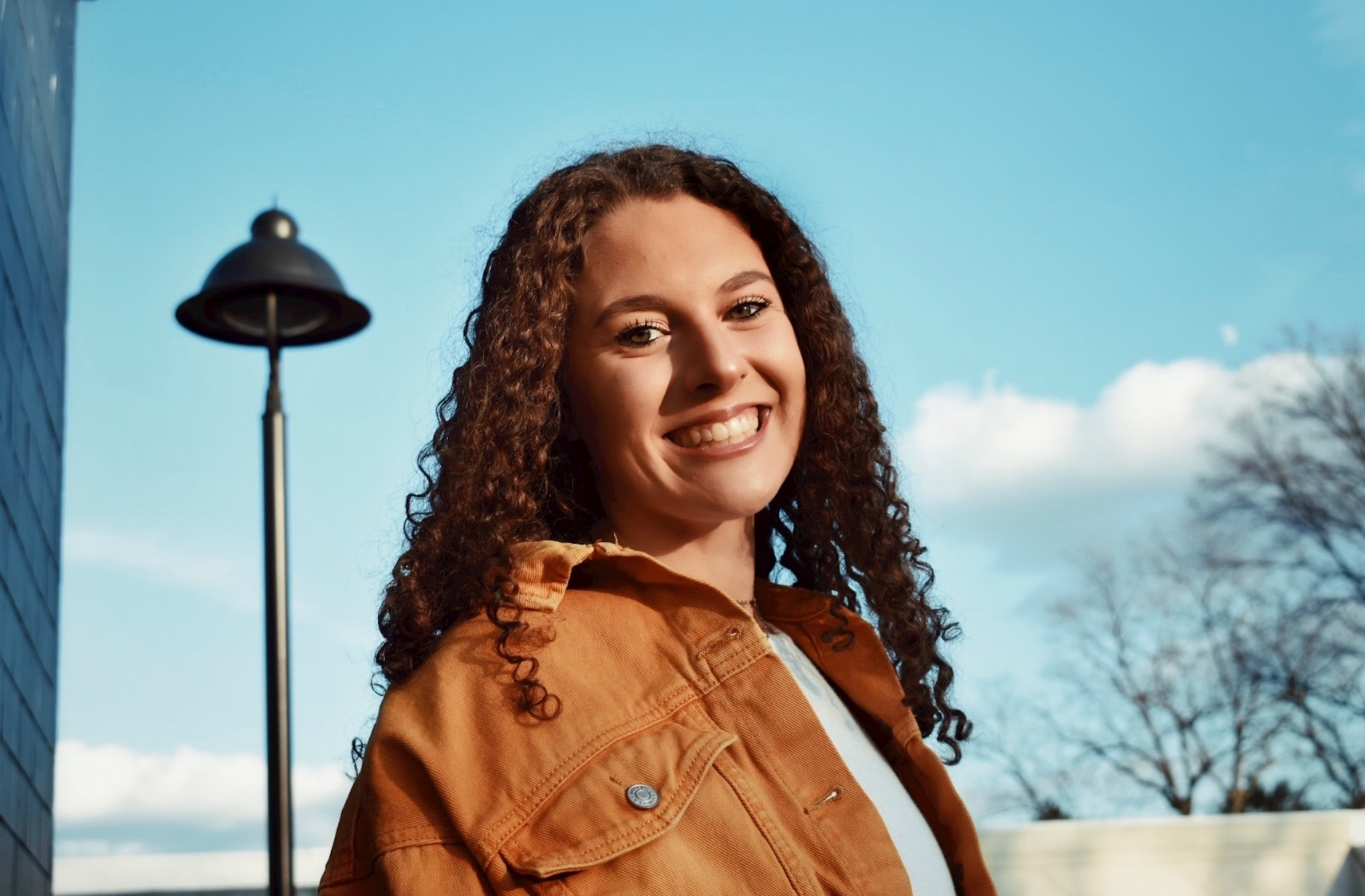What Age Should I Get My Period? Understanding Your First Period

Your first period is a major milestone in your life, marking the start of puberty and your menstrual cycle. Many young people wonder, "At what age should I get my period?" There’s no one-size-fits-all answer, but there are general patterns and factors that influence when it happens. In this blog, we’ll explore the typical age range for getting your first period, factors that can influence its timing, signs it may be coming soon, and how to prepare for your first period both practically and emotionally.
What Is the Normal Age to Get Your First Period?
The typical age range to get your first period (also called menarche) is between 10 and 15 years old. Most people get their first period around age 12, but it's important to know that this is just an average. Some may get their period earlier, and others later.
Early Period (Before Age 10)
If you get your period before age 10, it's considered early. Early periods can sometimes be caused by precocious puberty, a condition where the body begins puberty earlier than usual. According to NHS UK, early puberty can be normal, but it's always a good idea to check with a healthcare provider to ensure everything is okay.
Late Period (After Age 15)
If you haven’t started your period by age 15, it’s considered later than average. This can be normal, especially if you have a family history of late periods, but if you’re concerned, it’s a good idea to talk to a healthcare provider. Late periods can sometimes be linked to factors like nutrition, stress, or medical conditions like polycystic ovary syndrome (PCOS). More on this can be found in the Mayo Clinic’s PCOS resources.
What Hormones Control Your First Period?
The timing of your first period is largely controlled by hormones, specifically estrogen and progesterone. During puberty, your body starts producing these hormones in greater amounts, which signals your ovaries to begin releasing eggs.
Once your hormone levels rise, your body starts the process of ovulation, and about two weeks after your first ovulation, your first period arrives. This process is guided by the endocrine system, which regulates hormones and growth.
According to The Cleveland Clinic, the timing of hormone production can vary from person to person, which is why some people start puberty earlier and others later.
Factors That Influence the Timing of Your First Period
Besides hormone production, several other factors can influence when you get your first period.
Genetics: If your mum, sisters, or other close female relatives started their periods earlier or later than average, you might follow a similar pattern. According to Healthline, genetics play a major role in when you’ll start menstruating.
Body Weight and Nutrition: People who are underweight or who have nutrient deficiencies may experience delayed periods. This is because the body requires a certain amount of fat and energy stores to support menstruation. On the other hand, higher body weight can sometimes lead to an earlier period.
Physical Activity: Intense physical activity, such as competitive sports or rigorous training, can delay the start of your period. Athletes often experience this due to the energy demands of their bodies, which prioritize other functions over menstruation.
Stress: Chronic stress can affect hormone production, sometimes delaying the start of menstruation. Stress can interfere with the hypothalamus, the part of the brain that helps regulate your menstrual cycle, as explained by the American Psychological Association.
Signs You’re About to Get Your First Period
Your body will give you some signs that your first period is coming soon. These signs usually appear months or even years before your first period:
Breast Development: One of the earliest signs of puberty is breast development, which can start as early as age 8. This usually happens about 2-3 years before your first period, according to Planned Parenthood.
Pubic and Underarm Hair: You’ll start to notice hair growth under your arms and in your pubic area. This typically happens about 6 months before your first period.
Discharge: Many people notice vaginal discharge in their underwear in the months leading up to their first period. This discharge can be clear or white and is a normal sign that your body is preparing for menstruation.
Cramps or Bloating: Some people experience mild cramping or bloating in the lower abdomen before their first period. This is due to the hormone shifts in your body.
How to Know Which Period Product to Use for Your First Time
When you get your first period, it can feel overwhelming to choose the right product. The good news is there are several options, and it’s all about finding what’s most comfortable for you. Here’s a brief overview of the most common products:
Pads
Pads are a popular choice for people experiencing their first period. They’re easy to use and come in different absorbencies. You simply stick them to your underwear, and they absorb the blood. For first-time users, pads can offer peace of mind because you don’t need to insert anything into your body.
Tampons
Tampons are small and inserted into the vagina to absorb menstrual blood. They can be great for activities like swimming or sports, but some people might find them tricky to use at first. If you’re new to tampons, consider starting with ones labeled "light" or "for beginners."
Period Underwear
Period underwear is designed to absorb menstrual blood without needing to wear a pad or tampon. It’s a great reusable option, especially for your first period when you might be unsure about the flow. At fluxies, our period underwear is absorbent and 100% leak-proof to keep you comfortable all day.
Menstrual Cups
Menstrual cups are another reusable option that’s inserted into the vagina to collect blood. They can be more intimidating for first-timers, but they’re worth considering if you prefer an eco-friendly option that lasts for hours.
Emotional and Practical Preparation for Your First Period
Getting your first period can bring up a mix of emotions—excitement, nervousness, or even confusion. Here are some tips to help you feel ready:
Talk About It: Don’t hesitate to talk to a trusted adult, whether it’s a parent, teacher, or school nurse. They can answer any questions you have and provide support.
Keep Supplies Handy: Once you start noticing signs of your first period, it’s a good idea to carry a pad or two with you just in case it starts while you're out. You can keep one in your backpack or locker so you’re always prepared.
Practice Self-Care: Your first period might come with some cramping or bloating, so make sure you have what you need to feel comfortable. A warm bath, heating pad, or over-the-counter pain relievers can help ease any discomfort.
Stay Calm: It’s normal to feel a little anxious about getting your first period, but remember that it’s a natural part of growing up. Everyone experiences it, and over time, you’ll get used to the changes in your body.
When to See a Doctor
Most of the time, getting your first period is a natural process. However, there are times when it’s important to see a doctor:
- If you haven’t gotten your period by age 15
- If you start your period before age 10
- If you’re experiencing severe cramps or very heavy bleeding
If you’re ever unsure, it’s always okay to check in with a healthcare provider for reassurance. You can find more information on this from the Royal College of Obstetricians and Gynaecologists.
Final Thoughts on What Age You’ll Get Your Period
There’s no one-size-fits-all answer to the question, "What age will I get my period?" It happens when your body is ready, and the timing can vary from person to person. Understanding the factors that influence when you’ll get your period, being aware of the signs, and knowing what to expect can help make this milestone feel a little less intimidating.
For more support and resources about periods and menstrual health, visit trusted sources like the NHS or Planned Parenthood.



